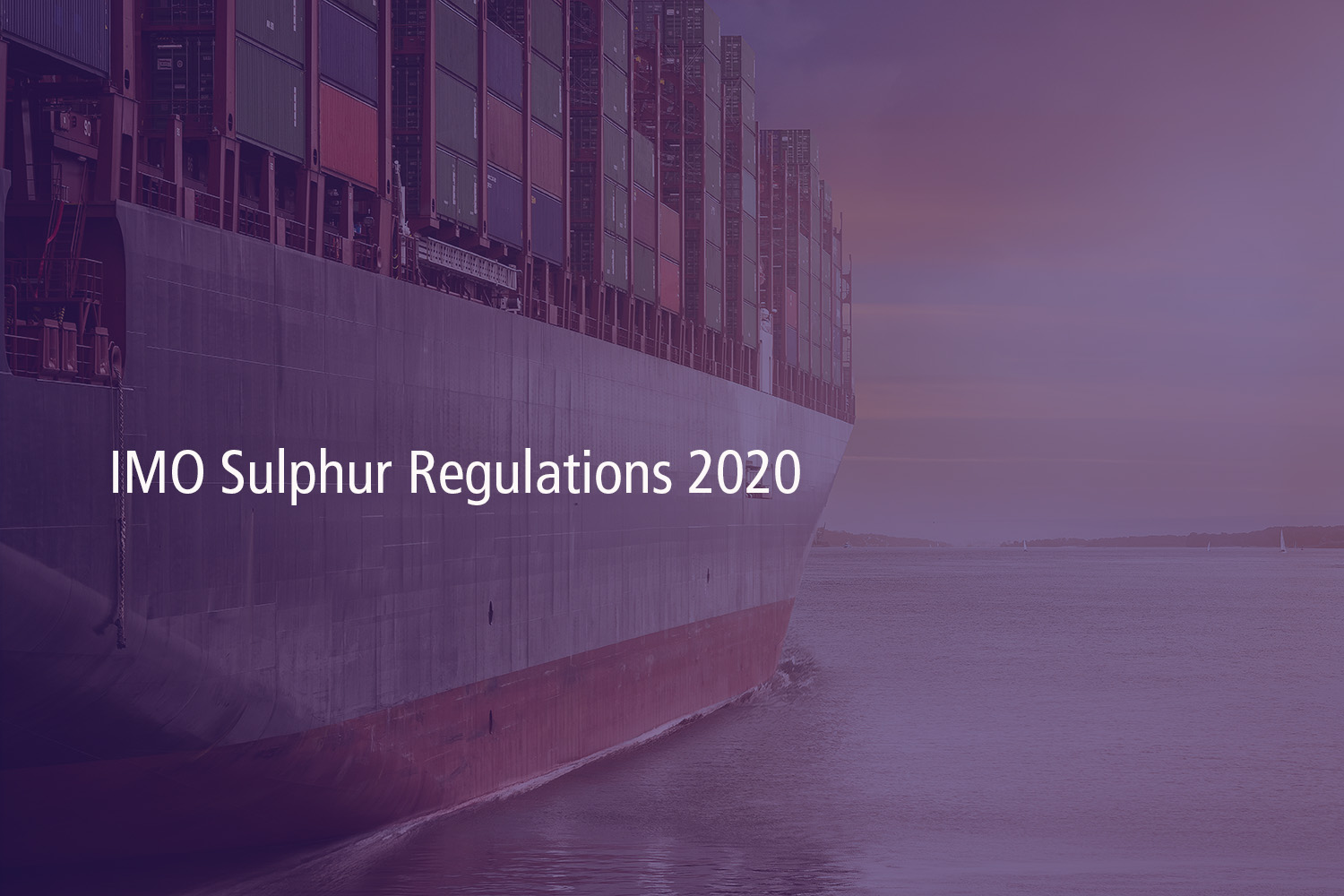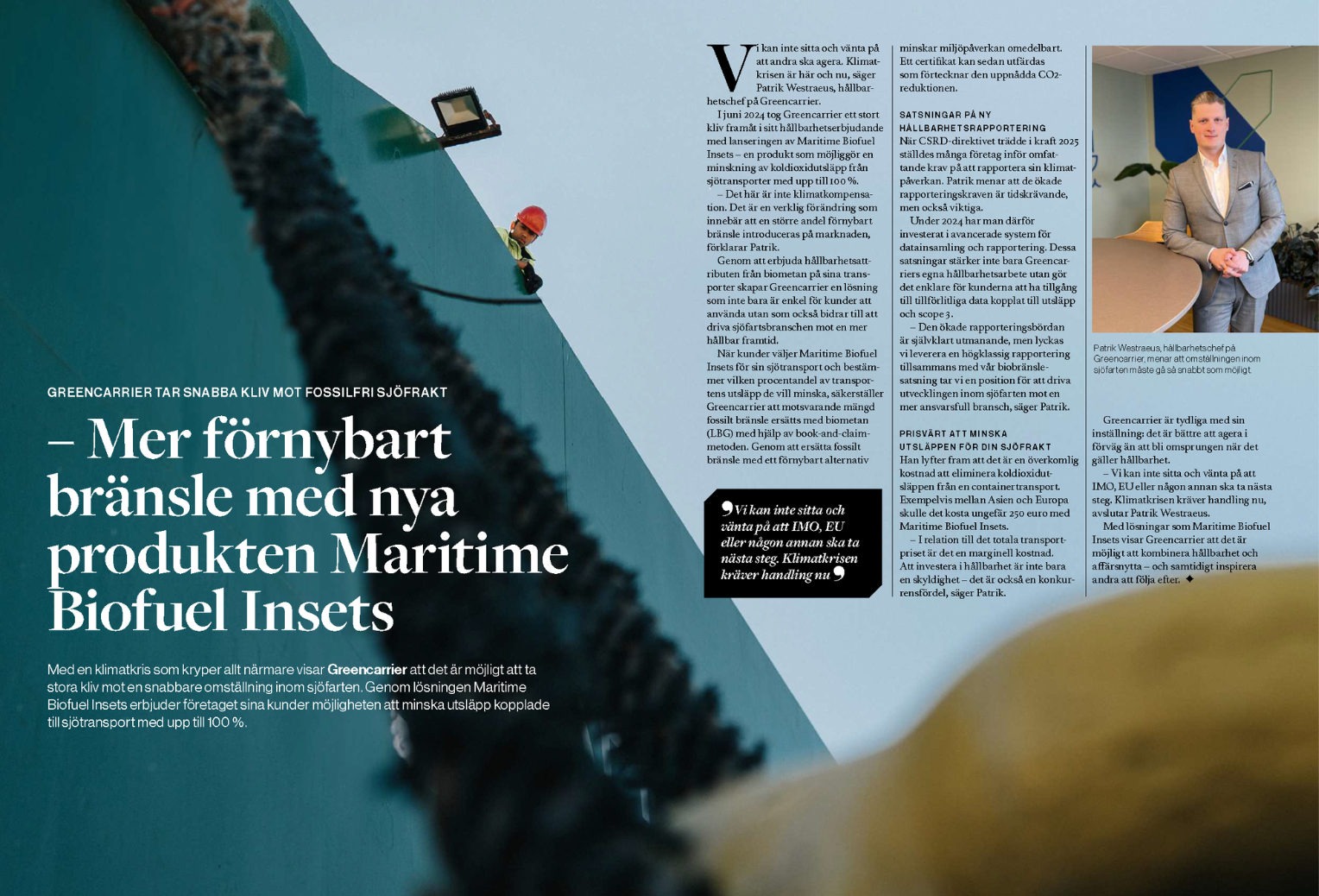Ocean freight is by far the most sustainable shipping alternative. However, there are still things we can do to make it even cleaner and greener. The International Maritime Organization (IMO) has implemented a new global sulphur limitation on fuel used on board ships starting 1 January 2020. In this blog post, I share some of the essential facts about the new regulation, how it will affect ship operations and protect marine life.
1. How does sulphur end up in our oceans and how is it harmful?
The main type of bunker oil used in ships is heavy fuel oil that comes from crude oil distillation. Crude oil contains sulphur oxides (SOx) which end up in ship exhausted and, consequently, in our oceans.
Sulphur oxides are very harmful to the environment. In the atmosphere, these toxic compounds can cause acid rain polluting the oceans as well as our forests and crops. It is also known to be harmful to human health by causing breathing problems and lung diseases.
The new IMO sulphur regulation will not only improve air quality and protect marine life and the environment on land. It will also provide health benefits for humans, particularly for people living or working close to coasts and seaports.
2. What is the new sulphur limit on fuel used on board ships?
The new sulphur limit on fuel used on board ships will be 0.50%. The current limit is 3.50% for ships operating outside designated emission control areas. This means we are going to see a significant global reduction in 2020.
3. What about ships operating in already established emission control areas? Will they be affected by the new IMO sulphur regulation?
No, ships operating in already established emission control areas have an even stricter sulphur limit of 0.10% m/m previously implemented by IMO. This includes the Baltic Sea area, the North Sea area, and the North American area as well as the United States Caribbean Sea area.
4. What must shipowners do to meet the new IMO sulphur regulation?
To comply with the new IMO regulations, there are three options for shipowners: 1) Run on clean liquefied natural gas, 2) Use fuel oil that is low enough in sulphur, or 3) Install exhaust gas cleaning systems, also known as scrubbers. These scrubbers are designed to remove sulphur oxides from the ships’ engine, generator or boiler exhaust gases. This means the ships can use heavy fuel oil as sulphur oxide emissions will be reduced to the required limit.
5. Will there be new types of fuels and how much will costs increase?
It is likely that new blends of fuel oil for ships will be developed in the near future. Gas oil, for example, has very low sulphur content and can be blended with heavy fuel oil to lower the sulphur content.
The cost for these new blends will probably initially be higher compared to the heavy fuel oil the majority of ships use today. We may also see quite a number of new investments in the installation of scrubbers to reduce the sulfur oxide emissions for ships that continue to use heavy fuel oil.
Ships operating in the previously established emission control areas will most likely not be affected by a cost increase as they are already using low sulphur fuel oil to meet the even stricter limit of 0.10%. But the entire operating cost to comply with IMO sulphur requirement would be significantly raised.
I hope you found this blog post helpful and that in answered some of your questions! Would you like to learn more visit Greencarrier Liner Agency website!





